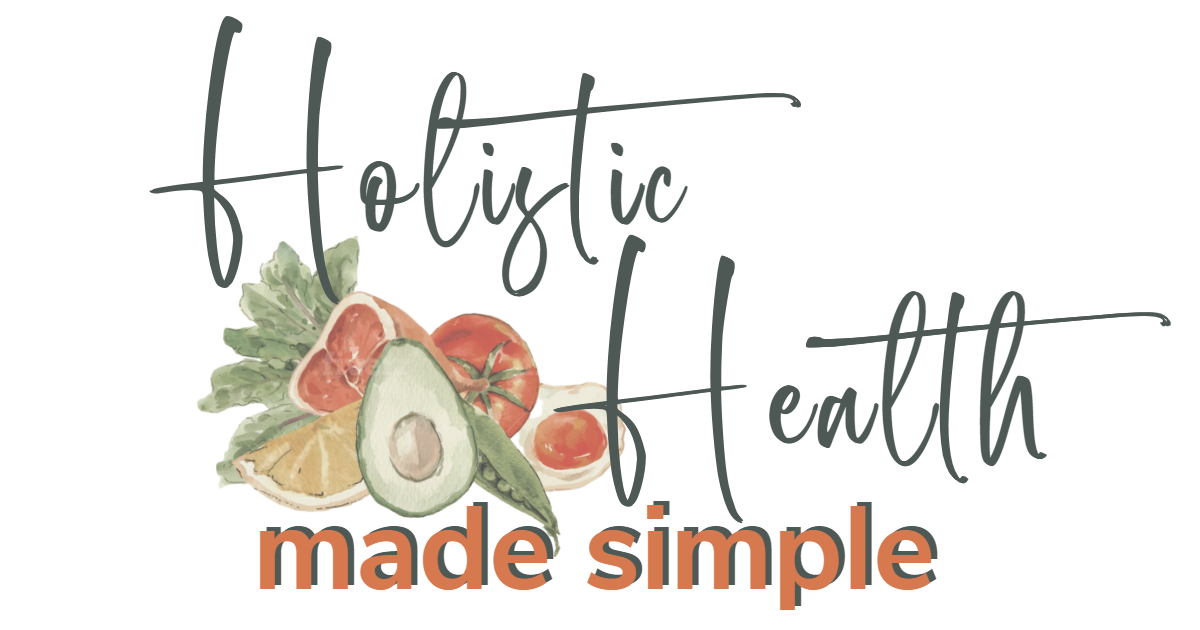Are you confused by conflicting nutrition advice, especially regarding protein? Let’s clear the air! We’ll debunk a recent study claiming high protein diets cause heart disease and explore the science-backed benefits of adequate protein intake
Headline Grabbing, Flawed Science
A recent study titled “Identification of a leucine mediated threshold effect governing macrophage, mTOR signaling, and cardiovascular risk” caused a stir, suggesting high protein diets are harmful. But let’s dig deeper. This study:
- Based Conclusions on Two Questionable Meals: Researchers compared just two liquid meals, one high-protein and one low-protein, neither resembling real food.
- Short-Term & Inaccurate: They drew conclusions from single feeding sessions, ignoring long-term effects. Additionally, they extrapolated results from mice, which aren’t directly applicable to humans.
Why Protein is Your Ally, Not Enemy
Adequate protein intake offers a range of benefits:
- Muscle Building and Maintenance: Protein provides the building blocks for muscle, which is crucial for:
- Improved insulin sensitivity for better blood sugar regulation.
- Preventing age-related muscle loss (sarcopenia).
- Enhanced bone density, joint health, and mobility.
- Weight Management: Protein keeps you feeling fuller for longer, aiding weight loss efforts.
- Thermogenic Effect: Protein burns more calories during digestion compared to carbs or fats.
How Much Protein Do You Need?
The recommended daily intake is 1 gram of protein per pound of ideal body weight, not necessarily your current weight. This might seem like a “high protein diet” to some, but for many, it’s just moderate.
Focus on Real Food, Not Headlines
Don’t be swayed by sensationalized news. Focus on a balanced diet rich in whole foods, including protein sources like meat (which is bioavailable and packed with nutrients) alongside fiber-rich fruits and vegetables.
The Takeaway:
Protein is an essential nutrient, not a villain. Adequate intake can improve your health and well-being. Don’t get discouraged by misleading studies. Prioritize whole foods and consult a nutritionist for personalized guidance. Remember, the best time to start building healthy habits is today!
Studies mentioned in the Podcast:
https://drive.google.com/file/d/17dScFq0ws-fwnq8DAKEtINDMS_BMFQZf/view
https://www.sciencedirect.com/science/article/pii/S240545772400038X

